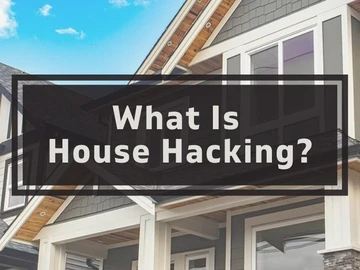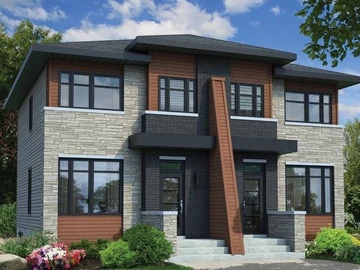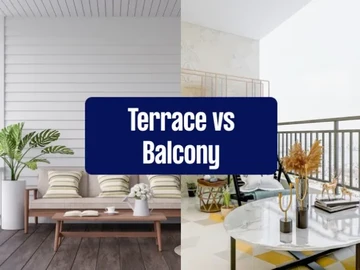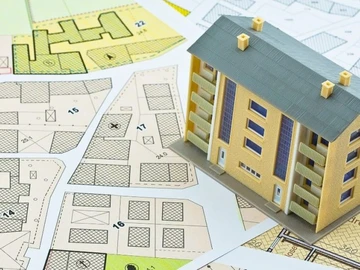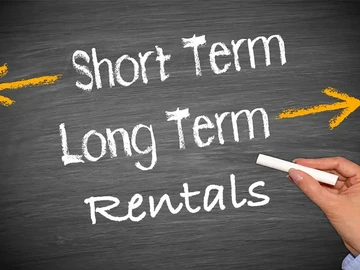Becoming a landlord in Zimbabwe can be highly profitable, but it requires careful planning, knowledge of the legal framework, and effective tenant management. Whether you own a single rental unit in Harare or multiple properties across the country, strategic management maximizes rental income and minimizes risks.
This guide covers practical steps, legal obligations, and real-life strategies to help you succeed as a landlord in Zimbabwe.
Why Landlording Can Be Profitable in Zimbabwe
- High demand for rental properties in urban areas like Harare, Bulawayo, and Mutare.
- Increasing rental rates due to urban population growth and limited housing stock.
- Rental income can generate steady cash flow and long-term wealth.
Stat: According to property.co.zw data, average monthly rent for a 3-bedroom house in Harare increased by 10% in 2024, reflecting growing demand.
Step 1: Understand the Rental Market
- Research rental rates in your area to remain competitive.
- Identify tenant demographics students, young professionals, families, or expatriates.
Urban vs. peri-urban:
- Urban areas: higher rent, more tenants, greater demand for amenities.
- Peri-urban areas: lower cost of entry, potential for long-term capital appreciation.
Example: A 2-bedroom apartment in Mount Pleasant may rent for US$450/month, while a similar property in Chitungwiza rents for US$250/month.
Step 2: Prepare Your Property
- Ensure basic maintenance: plumbing, electricity, roofing, and security.
- Consider value-added features: boreholes, swimming pools, or off-street parking to attract higher-paying tenants.
- Invest in furnishings if targeting corporate or expatriate tenants.
Tip: Neglecting maintenance can reduce property value and tenant retention.
Step 3: Legal Compliance
Register your property if required by local authorities.
Draft comprehensive lease agreements detailing:
- Rent amount and payment terms
- Duration of lease
- Responsibilities for repairs
- Termination clauses
Understand rent control laws and eviction procedures under Zimbabwean law.
Example: Harare City Council mandates that rental contracts exceeding 12 months must be registered for legal enforcement.
Step 4: Tenant Screening
- Verify tenant identity and references.
- Check employment status or income source.
- Consider requiring security deposits (usually 1–2 months’ rent).
Real-Life Insight: Successful landlords in Highlands Harare report 90% tenant retention when thorough screening is done.
Step 5: Efficient Rent Collection
- Offer multiple payment options: bank transfer, mobile money (Ecocash), or cash.
- Send monthly reminders and receipts for all payments.
- Implement penalties for late payments in line with lease agreements.
Example: A landlord using Ecocash reported a 50% reduction in delayed payments compared to cash-only tenants.
Step 6: Property Management and Maintenance
- Regular inspections prevent damage and disputes.
- Respond quickly to repair requests to maintain tenant satisfaction.
- Hire a property manager for multiple properties to streamline operations.
Stat: Properties managed by professional property managers experience 20–30% higher tenant satisfaction and longer leases.
Step 7: Protect Your Investment
- Consider insurance: fire, theft, or natural disaster coverage.
- Maintain records of income and expenses for tax reporting.
- Plan for long-term property appreciation and renovations to increase value.
Common Mistakes to Avoid
- Ignoring tenant screening → higher risk of default or property damage.
- Skipping legal compliance → fines, disputes, or forced eviction complications.
- Poor maintenance → lower rent, vacancies, and faster property depreciation.
- Not tracking finances → missed tax deductions or cash flow problems.
Real-Life Example
A landlord in Avondale bought a 4-bedroom house in 2021:
- Renovated it with modern finishes and secure fencing.
- Targeted corporate tenants with 12-month leases.
- Used bank transfers for rent collection.
- Outcome: Full occupancy for 3 consecutive years, with rent increasing 15% annually, demonstrating consistent ROI.
Lesson: Strategic property upgrades, tenant screening, and legal compliance drive success.
Tips for Success
- Know your market — understand local demand and competitive pricing.
- Maintain your property — upkeep is key to retention and value.
- Stay legally compliant — avoid disputes and fines.
- Screen tenants — ensure reliability and minimize risk.
- Consider professional management — especially for multiple properties.
Conclusion
Becoming a successful landlord in Zimbabwe requires knowledge, preparation, and diligence.
- Understand the rental market and tenant needs.
- Ensure legal compliance and maintain your property.
- Implement efficient rent collection and consider professional management.
By following these strategies, landlords can achieve steady income, property appreciation, and long-term financial security in 2025.
 Continue with Facebook
Continue with Facebook
 Continue with Email
Continue with Email





